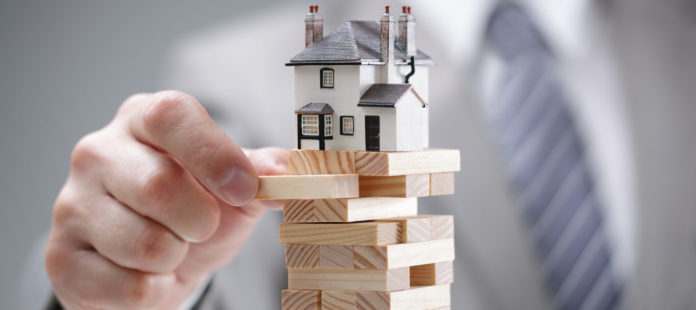
Jeff was a small business owner in New Hampshire. One Tuesday afternoon, his neighbor called…
“You need to get home NOW! There’s a dumpster in your yard, a padlock on your door, and a bunch of guys are ransacking your house!â€
Completely panicked, Jeff dropped everything and raced home. When he got there, he found most of his family’s possessions either in a heap in the front yard or tossed inside the dumpster.
Without warning or notice, the bank had foreclosed his house and sold it at auction just a few days earlier. In a single afternoon, the life he’d worked so hard to build for his wife and three daughters was gone!
It’s a story we heard all too often following the 2008 housing crisis.
Unfortunately, despite what you’re hearing from the mainstream media about real estate today – how it’s booming and can only go up from here –it’s a story we’re going to start hearing again and again in the coming years.
Some people have benefited from the record breaking bull market and housing recovery. But it’s been mostly the richest Americans who own most of the financial assets.
Hundreds of millions of Americans who don’t belong to the 1%, who were crushed in the last crisis, haven’t been able or willing to participate in the recovery. For them, things haven’t gotten better. They’ve gotten worse.
And this map proves it…

See all that blue?
It’s not who voted for Hillary. Instead, those are the prosperous parts of America where there’s been strong economic growth, new jobs, rising home values, and higher pay over the past two decades.
It’s no surprise that most of that prosperity is concentrated in the fast-growing western cities and tech hubs… like San Francisco, Seattle, and Austin, TX.
But see all that orange and red?
That’s the other America this “recovery†left behind… the old industrial cities that were once the engine of our economy.

